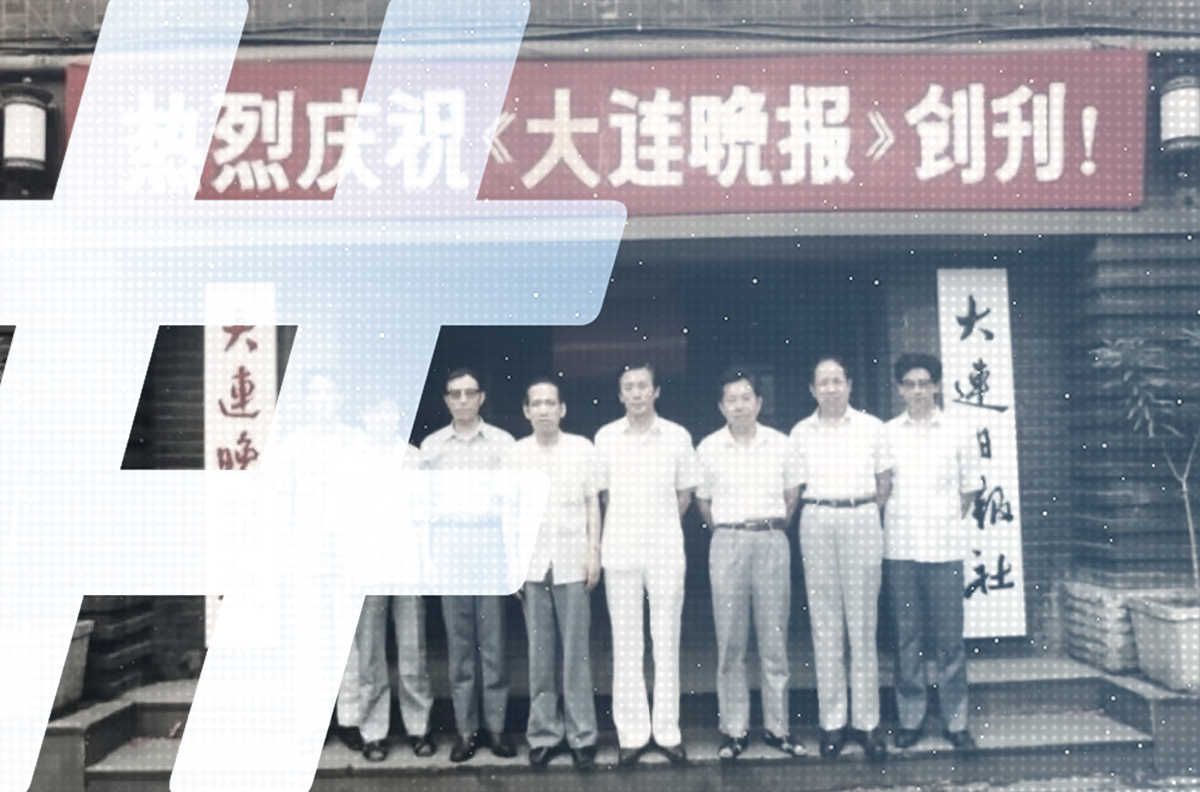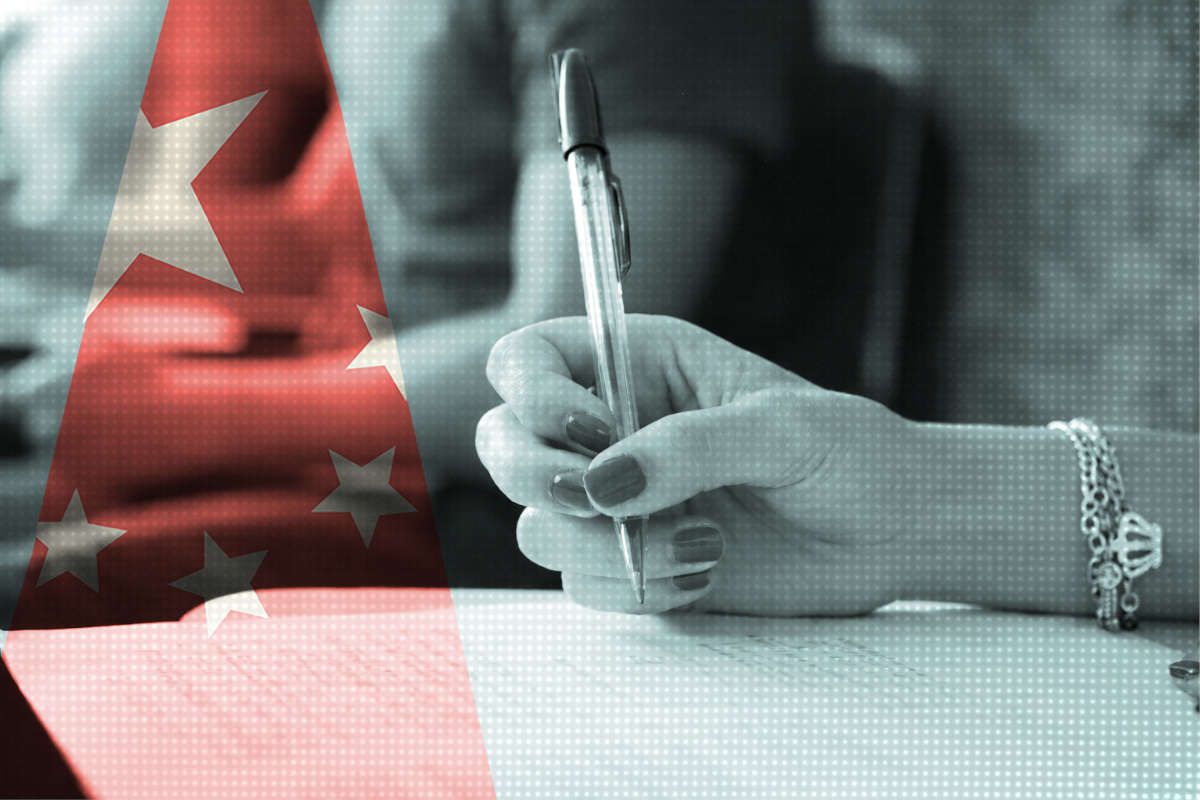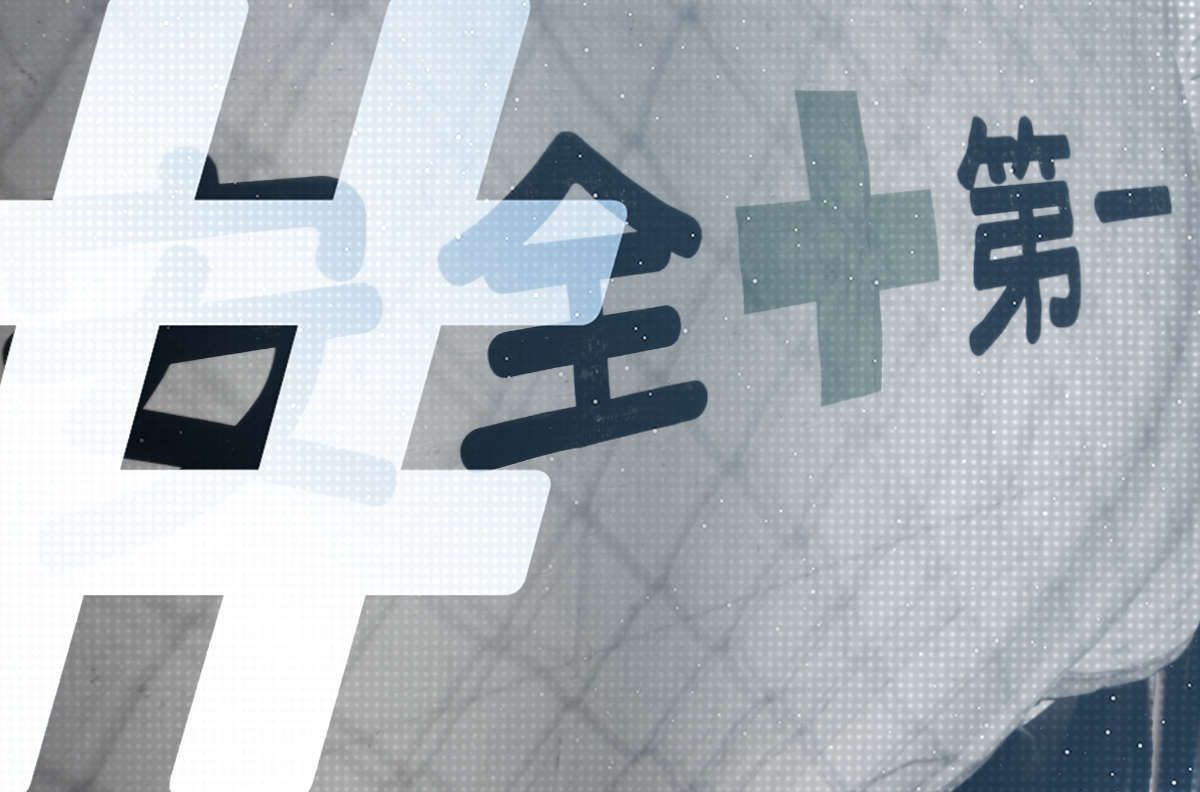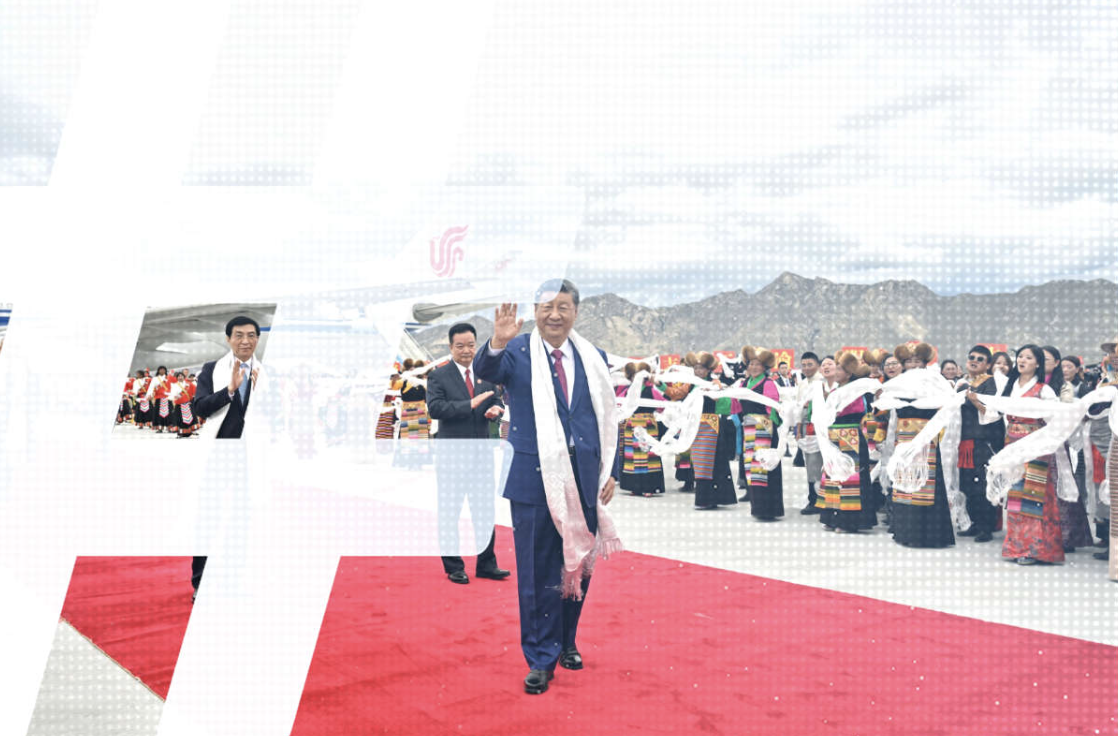Headlines and Hashtags
When Science Fiction Meets Political Fact
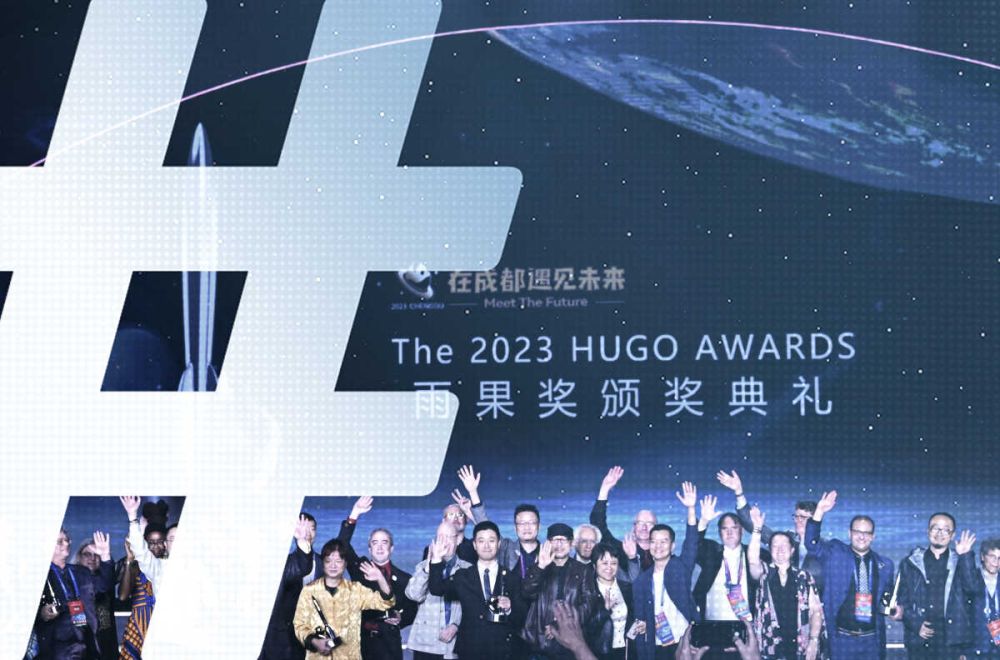
To the surprise of no one who understands the Chinese leadership’s obsessive control of ideas, news broke last week that a prestigious international book award was subject to censorship when held in China last October. File 770, a science fiction blog, revealed in a special report how the selection panel of the Hugo Awards in Chengdu had obeyed local laws and regulations, vetting the eligibility of finalists based on their stance on sensitive political issues. The blog also found evidence that Sichuan’s propaganda bureau had conducted “strict checks” on works at the convention.
For those paying closer attention, the red flags had flown at least six months before the awards were held, as rules published by Chengdu WorldCon said content considered for awards would only include works and individuals “that comply with local laws and regulations.” In China, local laws and regulations always abide by the political discipline of the Chinese Communist Party. Foreseeing trouble did not require a vivid imagination.
In media coverage outside China, the most obvious focus has been those writers excluded by Chengdu’s skewed process — including the likes of R.F. Kuang, Neil Gaiman, and Paul Weimer. But what about those writers who were boosted?
Plaudits and Put-Downs
The winner of 2023’s Best Novella category was the hitherto unknown Chinese author Hai Ya (海漄), whose quick read, The Space-Time Painter (時空畫師), revolves around a tough-as-nails cop who investigates spooky reports of a ghost in Beijing’s Palace Museum, known worldwide as the Forbidden City. The cop traces the spectral source to a real-life treasure of the museum — an ancient scroll painting by Song dynasty artist Wang Ximeng (王希孟), whose ghost is trying to make contact with contemporary China.
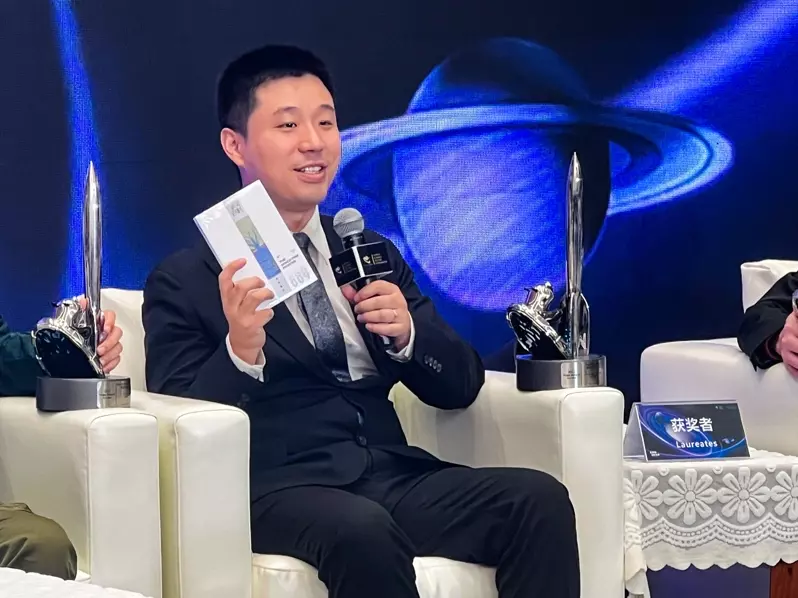
Hai Ya has said openly that the story came to him after watching a documentary series on China’s national treasures produced by the China Media Group, the media conglomerate directly under the CCP’s Central Propaganda Department — a touch of background that has delighted state-run English-language media and prompted a wave of favorable coverage.
The author’s novella has not fared well, however, on Chinese rating sites, where readers have sometimes been scathing with their remarks. On WeRead (微信讀書), Tencent’s book-reading app, The Space-Time Painter scores a poor 16.4 percent. Meanwhile, on the film and publishing networking service Douban, the novella earns a lackluster 5.5 out of 10. Readers point to clunky writing and clichéd plot points, expressing disbelief that the work is a prize-winner. “Could it be that the award was forcibly given because the home turf is in China,” one user posted. “With so many better works than this one, how did they pick something so unappealing?”
In a commentary on the video site Bilibili, one online influencer said Hai Ya’s novella had the quality of a decent topical essay by a high school student. The work was not meant to satisfy Chinese readers, he said, but “to swipe an award from the English-speaking world.”
While there is no evidence that The Space-Time Painter was nudged by event hosts in Chengdu, this possibility cannot be ruled out. As the File 770 report points out, there was a lot of money riding on publishing and distribution deals being negotiated by Chinese publishing companies at the event. The prestigious international award would certainly drive a boost in sales, and drum up interest in the film rights.
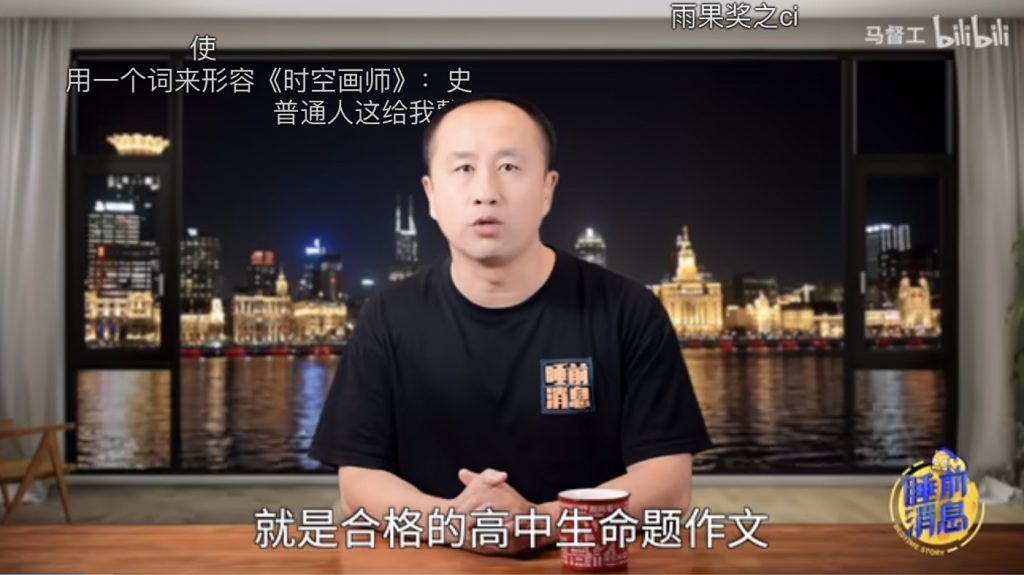
As The Space-Time Painter is so far available only in Chinese, votes in its favor at the 2023 WorldCon would have come exclusively from Chinese members. Moreover, the novella’s path was substantially cleared by the exclusion early on of politically sensitive works. As one Chinese sci-fi reader who attended the conference has pointed out, membership in WorldCon was prohibitively expensive for many, and the voting process was abnormally opaque.
Prize-Winning Themes for the Party
It is also impossible to ignore the fact that the storyline of The Space-Time Painter, with its reference to the now politically popular theme of China’s deep cultural roots, would have endeared it to friends in high places.
Ever since the Republican era in China, science fiction has been treated as a vehicle for public education, and this tradition has continued since the early decades under CCP rule. Writers like Zheng Wenguang (鄭文光), who published the PRC’s first sci-fi novel, Flyto Centaurus, at the outset of the reform era in 1979, helped popularize science through works woven with patriotic purpose, giving young people a vision of what fantastic things a “modern” China could achieve under socialism.
Hai Ya’s win may have been given additional impetus by the more recent intersection of political and cultural priorities in China.
The Party continues to take an interest in promoting the genre. In 2020, the China Film Administration published a list of measures to bolster Chinese sci-fi films, including tax relief, and preferential loans to promote studios, talent, and innovative scripts.
Hai Ya’s win may have been given additional impetus by the more recent intersection of political and cultural priorities in China. The newcomer’s tale of communication between a present-day cop and a prized Song dynasty painter echoes a speech Xi Jinping delivered to a study session of the Central Committee back in 2014, in which he urged cadres to adapt traditional Chinese culture to modern society and sensibilities. This way, said Xi, the Party could “bring the cultural relics located in the Forbidden City to life,” and create a new culture “transcending time and space.”
A “space-time painter” indeed. Seen in this light, the novella is a near-perfect reference to the political framing of culture that only in early October 2023, less than two weeks before the Hugo Awards Ceremony in Chengdu, was presented through a grand new buzzword that was splashed across the Party’s flagship People’s Daily newspaper: “Xi Jinping Thought on Culture” (習近平文化思想). This followed a major conference on propaganda and ideology at which Xi urged officials at all levels, including a visiting delegation from Sichuan, that they should promote the “innovative development of China’s excellent traditional culture,” and thereby “improve the country’s cultural soft power.”
Sometimes science fiction can become political fact.

